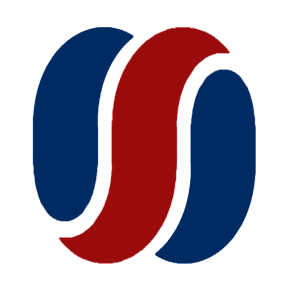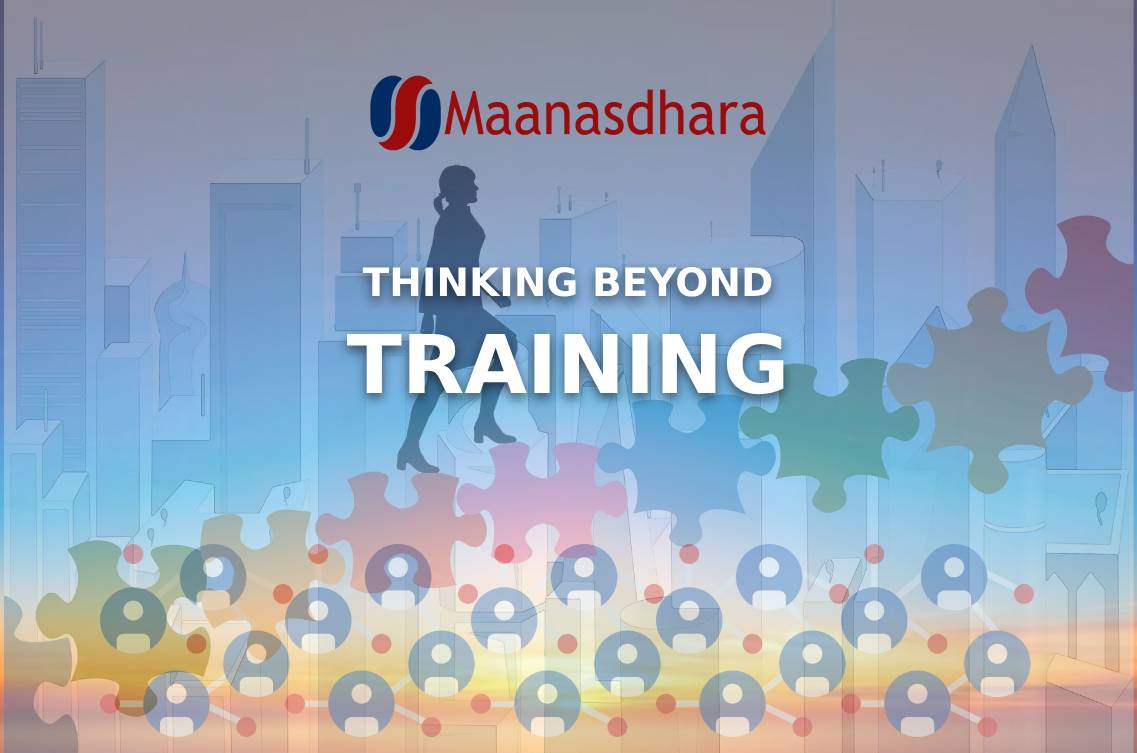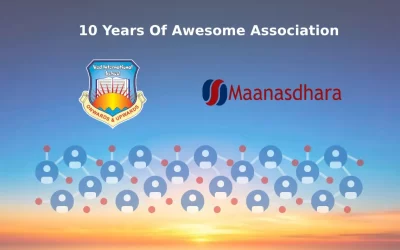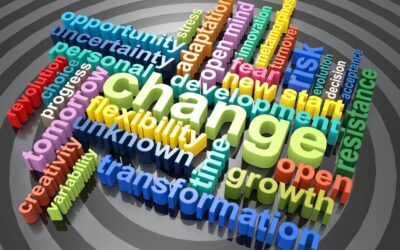In the evolving landscape of education, we often focus on training programs, pedagogical techniques, and standardized methods of teaching. Yet, a deeper insight suggests that truly transformative educators possess something more than just refined skills—they have an innate capacity to process, transform, and even transcend the information they receive. Inspired by a natural analogy, we can break down the process into five stages: ingestion, digestion, absorption, assimilation, and egestion. While many educators may comfortably reach the stage of digestion, only a rare few progress to absorption, assimilation, and finally egestion—the stages that mark a true Guru in education.
A Natural Parallel: From Food to Knowledge
Consider the journey of food in our bodies:
- Ingestion: The intake of food.
- Digestion: The breakdown of food into smaller components.
- Absorption: The assimilation of nutrients into our system.
- Assimilation: The integration of these nutrients to build and maintain our body.
- Egestion: The removal of waste products.
Similarly, in education, the intake of knowledge (ingestion) and its initial processing (digestion) are accessible to most. However, the capacity to absorb, deeply integrate, and creatively apply that knowledge—to effectively transform it into wisdom—marks the difference between an ordinary teacher and one who truly inspires and transforms.
The Challenge of Transformation
Not everyone can be trained to reach the higher stages of knowledge processing. While professional development can enhance techniques and broaden a teacher’s toolkit, the leap from mere digestion to full assimilation and productive egestion seems to be less about formal instruction and more about innate potential. The key challenge lies in identifying these inherent qualities early and nurturing them rather than expecting every teacher to undergo a radical transformation through training alone.
Identifying the Unique Potential
Early Identification:
One practical approach is to develop assessment tools and observation methodologies that focus not solely on academic achievement or conventional teaching skills, but on more subtle indicators of innate ability. This could include:
- Emotional Intelligence Assessments: Tools that evaluate empathy, adaptability, and resilience.
- Reflective Practices: Encouraging prospective educators to engage in self-assessment and peer review to unearth their unique teaching philosophies.
- Mentorship Feedback: Relying on insights from experienced educators who can spot the “spark” that often signals potential for deeper knowledge assimilation.
Creating Supportive Ecosystems:
Once promising candidates are identified, the next step is to cultivate an environment that nurtures their growth. This can be achieved by:
- Mentorship Programs: Pairing emerging educators with seasoned mentors who exemplify the advanced stages of knowledge processing.
- Innovative Professional Development: Designing training modules that go beyond traditional methods and focus on creative, reflective, and adaptive teaching practices.
- Collaborative Communities: Building networks where educators share experiences, challenges, and breakthroughs, thereby collectively raising the standard of teaching.
A Call to the Community
At this juncture, we face a pivotal question: How can we systematically support those with the potential to reach these higher stages of teaching?
The answer likely lies in involving a diverse range of minds from across the educational spectrum—academics, administrators, policymakers, and, importantly, the teachers themselves. By fostering a culture that values and invests in innate potential, we can reduce early attrition and help every promising teacher flourish.
Some Thought-Provoking Questions to Consider:
- How do we define and measure the intangible qualities that distinguish a transformative teacher?
- What role should mentorship play in bridging the gap between innate ability and professional expertise?
- How can institutions restructure professional development to support not just the acquisition of skills, but the deep internalization and application of knowledge?
- What strategies can be implemented to minimize the loss of potential at early stages in a teacher’s career?
Moving Forward: The Next Steps
- Broadening the Conversation:
Engage with educational experts, researchers, and practitioners to create a comprehensive framework that recognizes both the inherent and acquired aspects of teaching excellence. - Innovative Assessment Models:
Develop and pilot new assessment models that identify potential beyond traditional academic and teaching metrics. - Building Collaborative Networks:
Form communities of practice that allow educators to exchange ideas and experiences, fostering an environment where innate abilities can be nurtured and celebrated. - Policy and Investment:
Advocate for policies that support the early identification of promising teachers and allocate resources for long-term mentorship and professional growth.
In Conclusion
The journey from knowledge ingestion to its transformative application is complex and multifaceted. While we may not be able to train every teacher to reach the advanced stages of assimilation and egestion, we can certainly strive to identify and nurture those rare individuals who possess the natural aptitude for it. By involving more minds and fostering a collaborative ecosystem, we can work towards ensuring that potential is not wasted but is instead allowed to blossom into genuine educational transformation.








